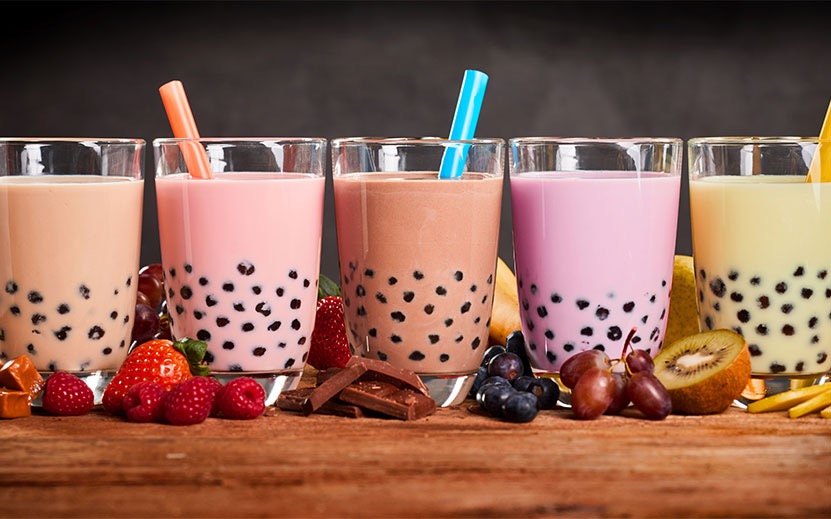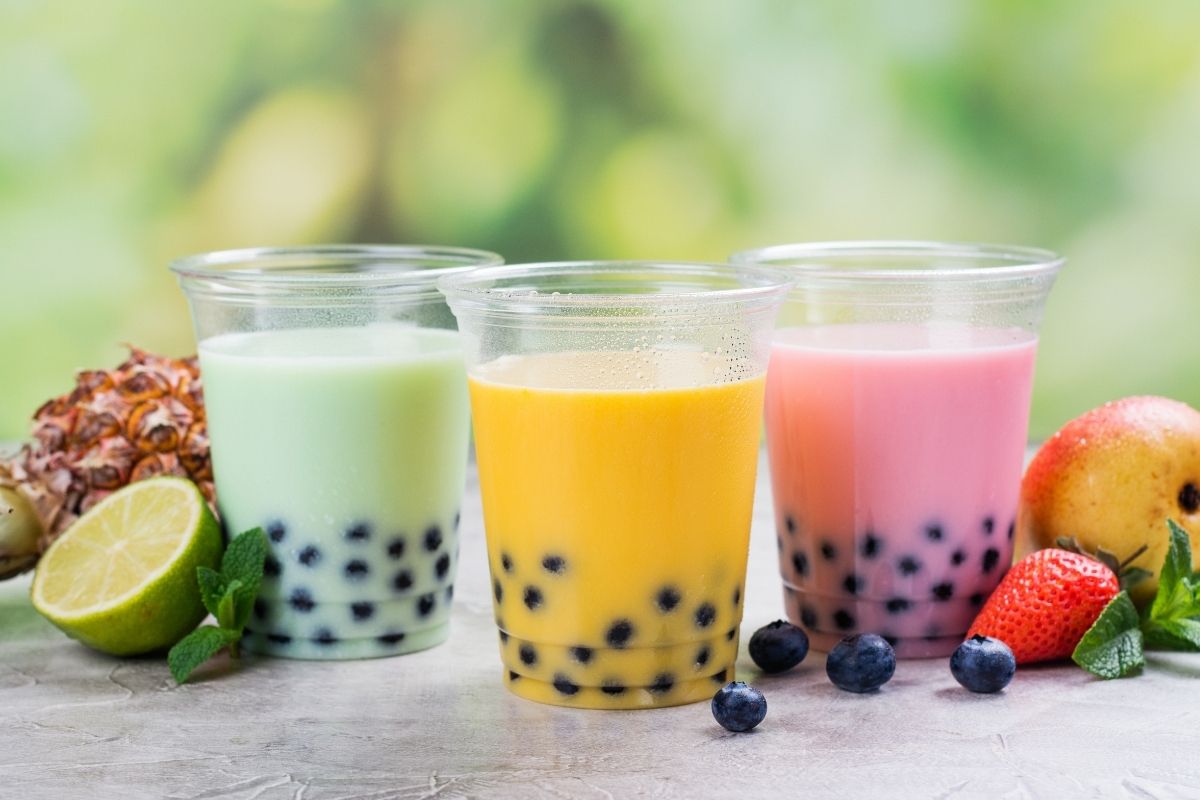
What Is the Nutritional Value of Boba?
How to Incorporate Mindfulness into Your Daily Life: Tips and Strategies
Boba tea, also known as bubble tea, has gained popularity around the world as a beverage. It is typically made with tea, milk, and sugar, and served with chewy tapioca pearls or “boba” at the bottom of the cup. Although boba tea is a tasty and refreshing drink, many people are concerned about its nutritional value. This article will explore the nutritional value of boba and compare the differences between plain tea and milk tea.
Nutritional Value of Boba Tea: Plain Tea vs. Milk Tea
Plain tea, such as black, green, or oolong tea, is the base of boba tea. Plain tea without milk or sugar is naturally low in calories and high in antioxidants, making it a healthy beverage option. However, when milk and sugar are added to the tea, it becomes a milk tea, which significantly increases the calorie and sugar content. A typical serving of milk tea can contain anywhere from 300 to 500 calories, which is equivalent to a small meal. Furthermore, milk teas often contain added sugars and artificial flavors that can be harmful to health if consumed excessively.
Boba Tea Nutrition
When it comes to boba tea, the tapioca pearls or boba are the main source of calories and carbohydrates. A serving of boba pearls typically contains around 150 calories and 36 grams of carbohydrates. Additionally, boba pearls are low in vitamins and minerals and do not provide significant nutritional value.
The tea and milk used in boba tea also contribute to its nutritional content. The tea used in boba tea is rich in antioxidants, which can help to protect the body against damage from harmful molecules known as free radicals. Milk used in boba tea provides calcium and vitamin D, which are important for strong bones and teeth.
However, it is important to note that the milk used in boba tea is often sweetened and can contain added sugars and artificial flavors. This can significantly increase the calorie and sugar content of the beverage, making it less healthy than plain tea.
Conclusion
In conclusion, while boba tea is a delicious and refreshing treat, it is important to be mindful of its nutritional value. Plain tea without milk or sugar is the healthiest option, as it is low in calories and rich in antioxidants. Milk tea and boba tea should be consumed in moderation, as they can be high in calories and sugar. As with any food or beverage, it is important to enjoy boba tea in moderation as part of a balanced and healthy diet.


Boba Tea: Are There Health Benefits?
Antioxidant Properties
The tea used as the base of boba tea is a rich source of antioxidants, which are compounds that protect the body against damage from harmful molecules called free radicals. Tea is particularly rich in a type of antioxidant called catechins, which have been linked to a range of health benefits, including reduced inflammation, improved heart health, and a lower risk of certain types of cancer.
However, it is worth noting that the milk and sugar added to boba tea can significantly reduce the antioxidant content of the beverage, as well as adding calories and sugar.
Boosts Energy and Mood
Boba tea often contains caffeine, a natural stimulant that can help to boost energy levels and improve mental alertness. While caffeine can have negative effects if consumed in excess, moderate amounts can be beneficial for many people.
In addition, the chewy tapioca pearls used in boba tea may provide a satisfying and fun texture that can boost mood and reduce stress.
Moderation is Key
While boba tea may have some potential health benefits, it is important to enjoy it in moderation as part of a balanced and healthy diet. Milk and sugar added to boba tea can significantly increase its calorie and sugar content, which can contribute to weight gain and other health issues if consumed in excess.
Additionally, some boba tea recipes may contain artificial flavors or sweeteners, which can have negative effects on health if consumed in large quantities.
In conclusion, while boba tea may offer some potential health benefits, it is important to consume it in moderation and be mindful of its calorie and sugar content. As with any food or beverage, it is best to enjoy boba tea as part of a balanced and varied diet that includes plenty of whole, nutrient-dense foods.
